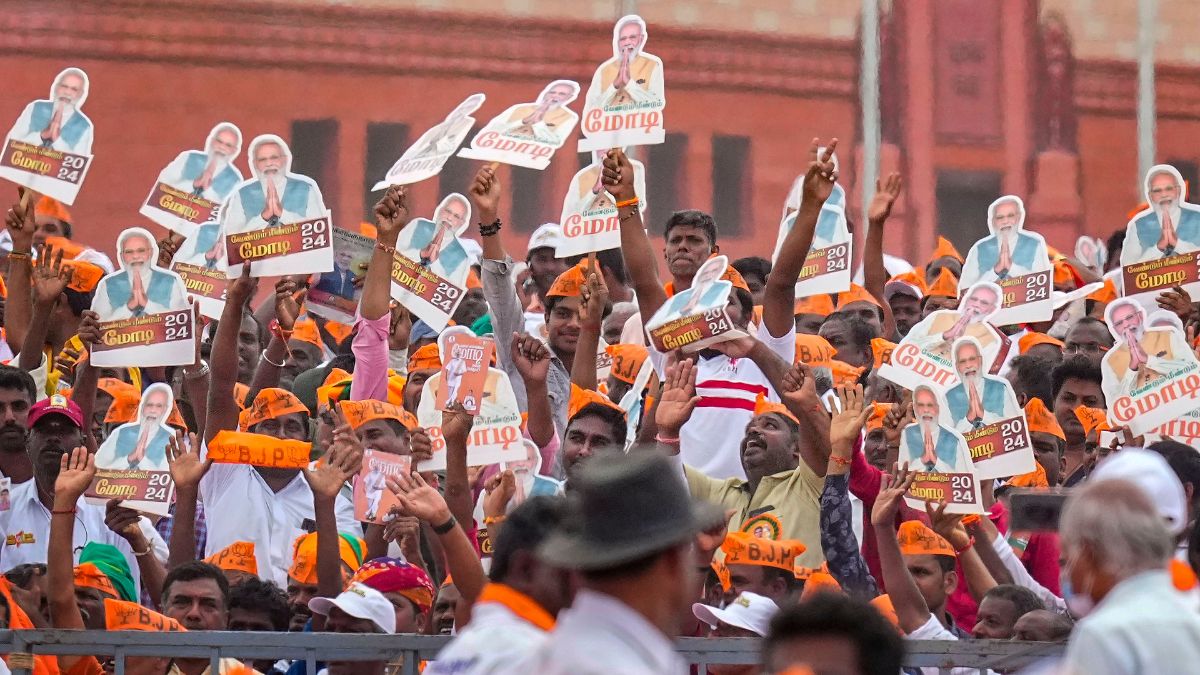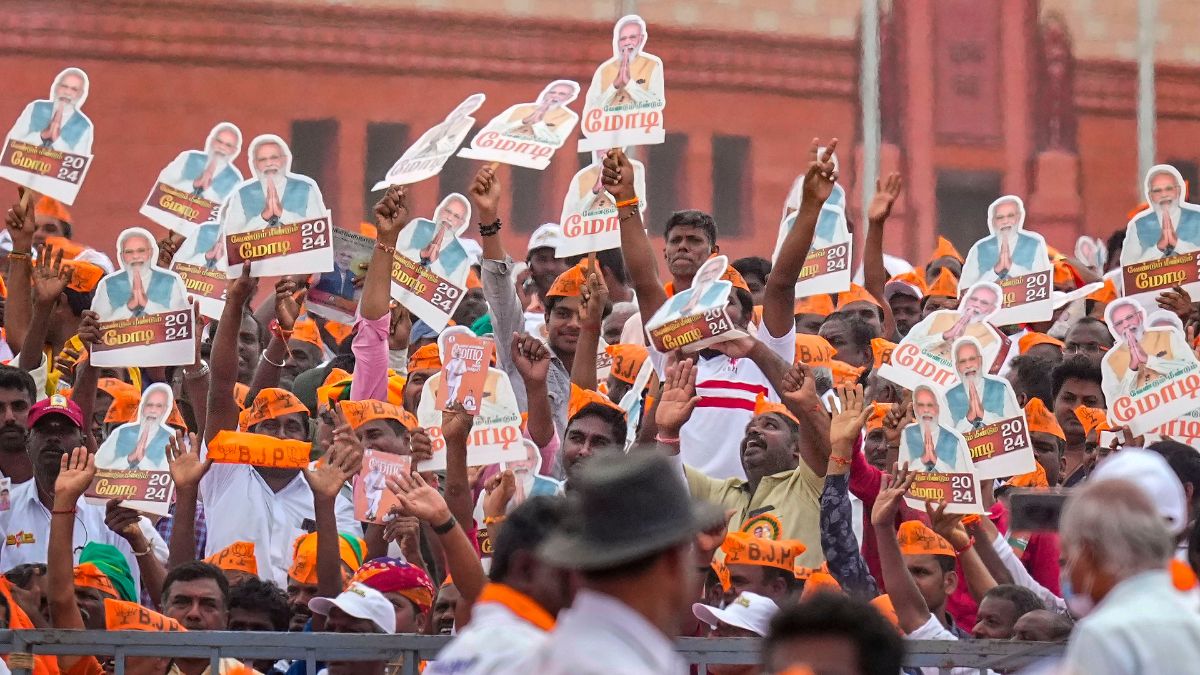Abhay Vaidya, who was The Times of India’s Washington Correspondent during 1993-94, recalls that day in October 1993 when the US Assistant Secretary of State for South Asia, Robin Raphel, set off a diplomatic explosion by rejecting India’s Instrument of Accession vis-a-vis Kashmir.
Now in the news for being investigated by the FBI for possible espionage, ex-American diplomat Robin Raphel came into sharp focus for the first time in October 1993. This was after a “background briefing” for journalists from South Asia in which she triggered a diplomatic explosion by rejecting India’s Instrument of Accession and the nation’s claim to Kashmir by virtue of this instrument.
The Clinton administration had newly created a South Asia division under the State Department and Raphel was appointed as its first head.
Raphel’s former husband Arnold was the US Ambassador to Pakistan and was killed in the 1988 plane explosion along with Pakistani President Gen Zia-ul-Haq. After a stint in New Delhi, Robin Raphel had moved to a posting in Washington.
“Background briefings” which were meant to give the official US position on various issues were a routine with the press corps in Washington. We were allowed to report on these briefings but the person giving the briefing could only be identified in our news reports as a “senior administration official”. 29 October 1993 was one such day and this was Robin Raphel’s first interaction in her new capacity with the South Asian journalists in the US capital.
What struck me right from the start of the briefing at the US Information Agency’s Foreign Press Center was her light-hearted and casual demeanour. I was there as The Times of India’s Washington Correspondent and it seemed odd that a diplomat in a sensitive position like hers could be unguarded in what she was saying.
This was the period when terrorism was at its peak in India. In the US, Kashmir was no top of the agenda for Indian and Pakistani diplomats. There was a virtual tug-of-war between both nations to get the US to make a favourable statement. The Kashmir tangle was the top subject of analysis for think-tanks like the Stimson Center, and Indian journalists were also engaged in press meets called by Kashmiri separatists, Khalistanis and Panun Kashmir representatives, apart from covering official briefings and fresh developments.
It was amidst this charged environment that Raphel, during her background briefing, rather carelessly and categorically told us assembled journalists that “the U.S. did not recognise” India’s Instrument of Accession and India’s claim to the state of Jammu & Kashmir by virtue of this instrument.
Her precise words as recorded in the official American transcript were: “As I said, we view Kashmir as a disputed territory. We do not recognise…(pause)…that instrument of accession as meaning that Kashmir is forevermore an integral part of India. And there are many issues at play in that timeframe, as we all here know.”
The Indian press corps was barely a handful and present along with me at that briefing were NC Menon from the Hindustan Times, Bharat Bhushan (The Indian Express), C Raja Mohan (The Hindu), R Akhileshwari (Deccan Herald), CK Arora (UNI), TV Parshuram (PTI) and Aziz Hanifa from the IANS.
The US had nothing new to say on Kashmir at that point of time and the press meet would have been uneventful but for the question from me to Raphel. What she had said unwittingly was explosive and threw Indo-US relations into a tizzy, as was seen in the days that followed.
My question to Raphel was straightforward and precise. It had emerged from a discussion two days earlier with the foreign affairs scholar, Prof Sumit Ganguly, who was then a fellow at the Woodrow Wilson Center, Washington DC. Sumit mentioned during our discussion on Kashmir that India’s claims to this state stood firmly validated under international law by the Instrument of Accession signed by Maharaja Hari Singh with India. “This is one point on which the Americans and others have to concede,” Sumit had told me emphatically.
Sumit clearly emphasised that the Instrument of Accession could not be contested under international law and India’s claim to Kashmir stood cemented by this document of history. We felt it would be interesting to know precisely what was the US position on the instrument. The discussion with Sumit was extremely productive for me and I was ready with my questions for Raphel at her scheduled briefing.
The briefing began at around 4pm and routine questions on India, Pakistan, Kashmir and the US followed. These were questions relating to updates on Kashmir, nuclear non-proliferation, the Pressler Amendment, US failure to declare Pakistan a state sponsor of terrorism, etc., etc. Raphel had warmed up sufficiently and was at ease and it was towards the end of the interaction that I put forth my question.
As recorded in the official US transcript, my question to Raphel was: “The Indian government is saying that on the basis of the Instrument of Accession, which was legal and legitimate, that Kashmir is an integral part of India. How does the State Department view this Instrument of Accession?”
My question was very different from the usual ones and it had not been raised during my entire stint in Washington. Raphel didn’t think much of it; she replied promptly and even went on to clarify when I sought an elaboration. She smiled charmingly and guffawed as she replied and it didn’t occur to her that she had committed a diplomatic faux pas with grave implications. Surprisingly, none of the other journalists challenged Raphel there and then on what she had just said. The briefing ended, we exchanged pleasantries and moved on.
The gravity of what she had said soon began to sink in while sipping coffee in the National Press Building’s food plaza. It was clear that Raphel’s remark would spark an angry reaction from New Delhi.
As events unfolded from the very next day, the US diplomat’s thoughtlessly-made remark had deep repercussions on Indo-US relations. The reaction in India was so very intense that it was described as a “diplomatic explosion”.
There was no room for Raphel to claim she was “misquoted” as the FPC had provided an audio recording to the journalists for the sake of accuracy. All important official briefings were recorded by the staff at the FPC and a cassette would be handed to journalists on request.
There was much excitement that night as I filed my dispatch from home to The Times of India’s foreign desk in Delhi. As expected, there were calls from my Foreign Affairs Editor Ramesh Chandran who wanted details, clarifications and follow-up reports.
There was much analysis, commentary and outrage in India over Raphel’s remark as it suggested not just a major US tilt towards Pakistan but also the rejection of the Instrument of Accession which was at the heart of the Indian Union. Princely state after princely state had signed this instrument and agreed to become a part of Independent India.
Email was not widespread then and all my reports had to be faxed to India. The Times, Delhi, wanted a copy of the Instrument of Accession, which I got over the phone from Vijay Sazawal of the Indo-US Kashmir Forum, and faxed it to Delhi.
When I met Ambassador Siddhartha Shankar Ray and Chief of Mission, Ambassador Kanwal Sibal (with whom I had a warm rapport) a few days later, both were grim-faced.
One former journalist of the ToI who was serving at the World Bank commented that my one question “had taken Indo-US relations back by 20 years to the Nixon era”.
My simple retort to such high priests - and there were many of them - was: “Was it the question which made the news or was it the reply?” I firmly believe that journalists should be dictated by the sanctity of their profession and feel free to ask questions they think appropriate.
In fact, things turned in India’s favour as a result of the Robin Raphel fiasco as the Clinton administration was very keen to clear the air and pave the way for better relations. Within months of this episode, Deputy Secretary of State Strobe Talbott visited New Delhi with an invitation from President Clinton to Prime Minister PV Narasimha Rao, who left for Washington in May 1994.
Raphel disappeared from the scene and was soon forgotten. It is only now that she has once again hit the headlines with reports of the FBI investigations into her affairs.
(The writer is editor, The Golden Sparrow on Saturday, a weekly newspaper published from Pune. He may be reached at abhay.vaidya@goldensparrow.com )


)




)
)
)
)
)
)
)
)